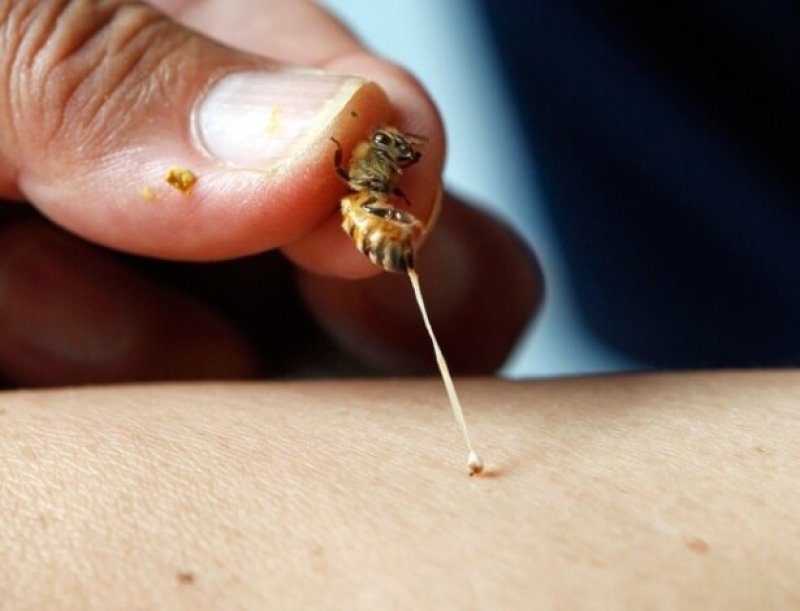A 55-year-old Spanish woman has died following repeated exposures to an acupuncture method that uses live, stinging bees instead of traditional needles, according to a recent case report in the Journal of Investigational Allergology and Clinical Immunology.
The painful and dangerous practice—called apipuncture—is generally peddled by nonmedical practitioners and, in recent years, has generated buzz among celebrities, most notably Gwyneth Paltrow and her chic lifestyle brand Goop. Paltrow and other proponents claim that insect venom can relieve a swarm of ailments, including inflammation, arthritis, generalized pain, scarring, and skin issues.
But evidence to back those claims is weak and mixed, and numerous medical studies have tallied serious risks and adverse events, including anaphylaxis, stroke, and death. Perhaps most alarming is that people with no history of allergies to bee venom can become sensitive to it over time. In fact, the more exposure, the greater the risk of developing a sensitivity. And life-threatening reactions appear unpredictably. That seemed to be the case for the Spanish woman.
…
[D]octors there determined that she had suffered a massive stroke from severe anaphylaxis (acute allergic reaction) and slipped into a permanent coma. She died several weeks later from multi-organ failure.…
“Therefore, the risks of undergoing apitherapy may exceed the presumed benefits, leading us to conclude that this practice is both unsafe and unadvisable,” they conclude.
Read full, original post: Woman dies from bee-sting therapy that Goop, Gwyneth Paltrow promote































